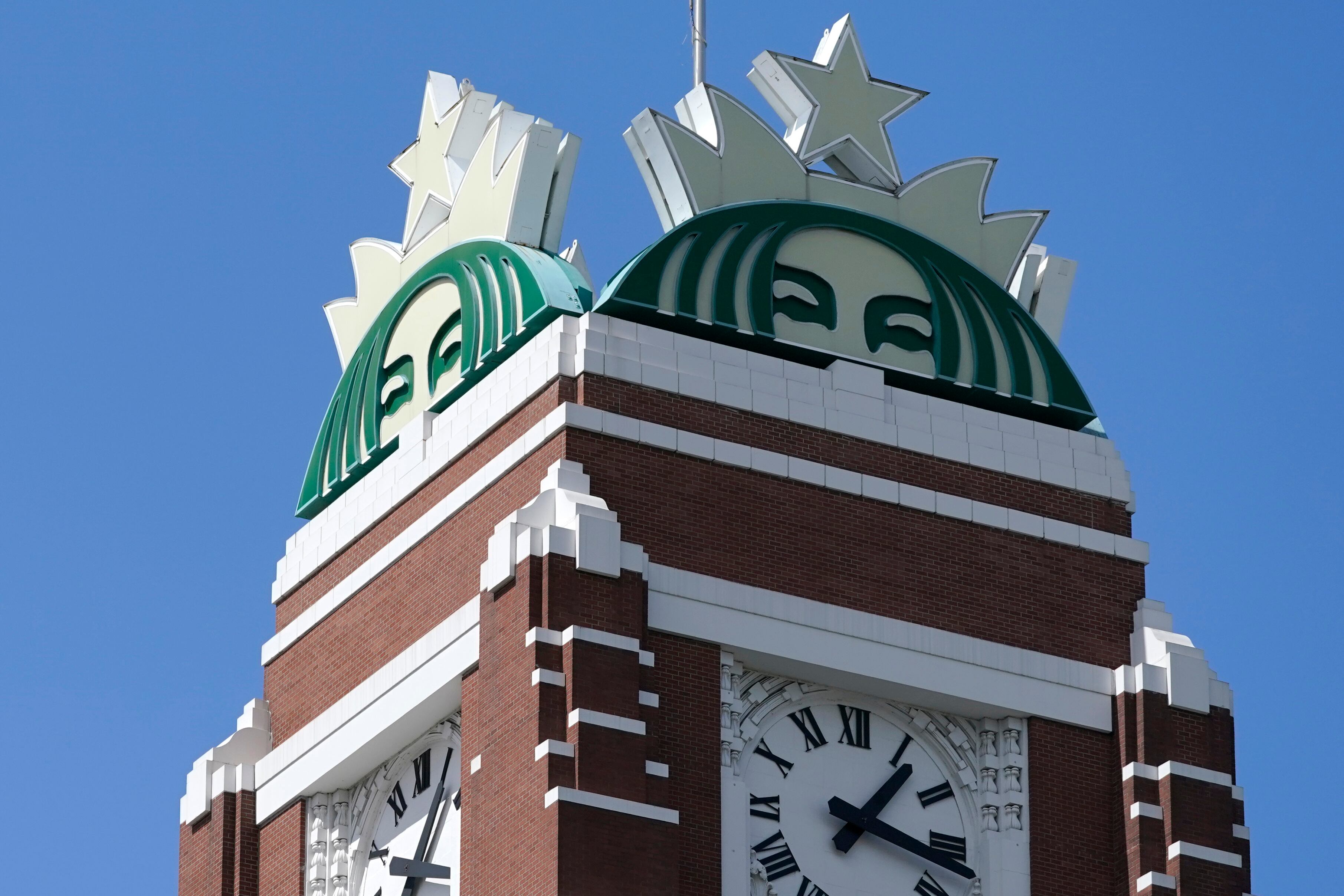From Wall Street to Silicon Valley, these are the top stories that moved markets and had investors, business leaders, and entrepreneurs talking this week on Cheddar.
MEDIA MEGADEAL
They don't call it Merger Monday for nothing. The shockwaves were felt from Hollywood to Midtown Manhattan starting on Sunday when reports trickled out that AT&T was ridding itself of WarnerMedia, less than three years after the telecom giant acquired the media empire then known as TimeWarner for $85 billion. That news was confirmed early Monday when AT&T said it would spin off Warner into a new joint venture with Discovery, to be run by Discovery CEO David Zaslav and owned by AT&T and Discovery shareholders. Shares of AT&T sank 8 percent after the deal was announced, as the company all but admitted that its attempt to become a major player in the media business was a failed experiment. AT&T also said it would cut its dividend for the first time in decades, further upsetting retail shareholders. Shares recovered later in the week on a pair of analyst upgrades that are based on the theory that a leaner, meaner AT&T could be a long-term buy.
RETAIL EARNINGS
"Customers clearly want to get out and shop." That's how Walmart CEO Doug McMillon accounted for the company's blowout earnings report this week. The world's largest retailer saw same-store sales rise by more than 6 percent in the quarter. Target's same-store sales were up 26 percent. Home Depot, up 31 percent. Lowe's, up 26 percent. Macy's, up 63 percent. Taken together, the retail earnings show that U.S. consumers, armed with savings and stimulus checks, are shopping like it's going out of style as the pandemic fades.
CRYPTO CRACKDOWN
Cryptocurrencies crashed back to Earth during a frenzied sell-off on Wednesday that hit all corners of the market. Bitcoin fell as much as 30 percent, touching $30,000 before rebounding; Ether fell as much as 40 percent; Doge was down as much as 20 percent. Shares of the newly- public crypto exchange Coinbase, widely seen as a proxy for Bitcoin, were down as much as 13 percent to a record low. The most recent spate of volatility came after China banned financial institutions from participating in any crypto-related business — a move that was widely expected but still jolted traders and even spread to the stock market. It's not just China cracking down on crypto. There are growing fears among crypto enthusiasts that the regulatory environment in both Europe and the U.S. is looking murky. For instance, the Biden administration proposed this week that cryptocurrency transfers of more than $10,000 will have to be reported to the IRS.
ELECTRIC PICKUPS
Ford says it took more than 20,000 reservations for the new electric F-150 in the first 12 hours since the pickup was revealed, sending shares of the Dearborn, Mich.-based company higher. As the cornerstone of Ford's $22 billion investment in electrification, the F-150 Lightning is one of the biggest bets yet by a major U.S. legacy automaker on the future of electric vehicles. Ford is pricing the Lightning aggressively — the base model comes in just below $40,000 with a 230-mile range — in a bet that it can compete head-on with Tesla's similarly-priced Cybertruck. That vehicle is still in development with plans for a release later this year. A third, much more expensive electric pickup made by the Amazon-backed startup Rivian is also expected in the next few months.
MILK WARS
Oatly, the Swedish maker of plant-based oat milk, soared in its public debut on the Nasdaq, opening at $22 after pricing at the high end of $17 and giving the Oprah-backed company a valuation of about $12 billion after its first day of trading. Sales of oat milk tripled in 2020, and the dairy lobby has taken notice. The industry group behind the iconic "Got Milk?" ads is launching a new marketing campaign framing milk as a natural sports drink with the tagline "You're Gonna Need Milk for That."












